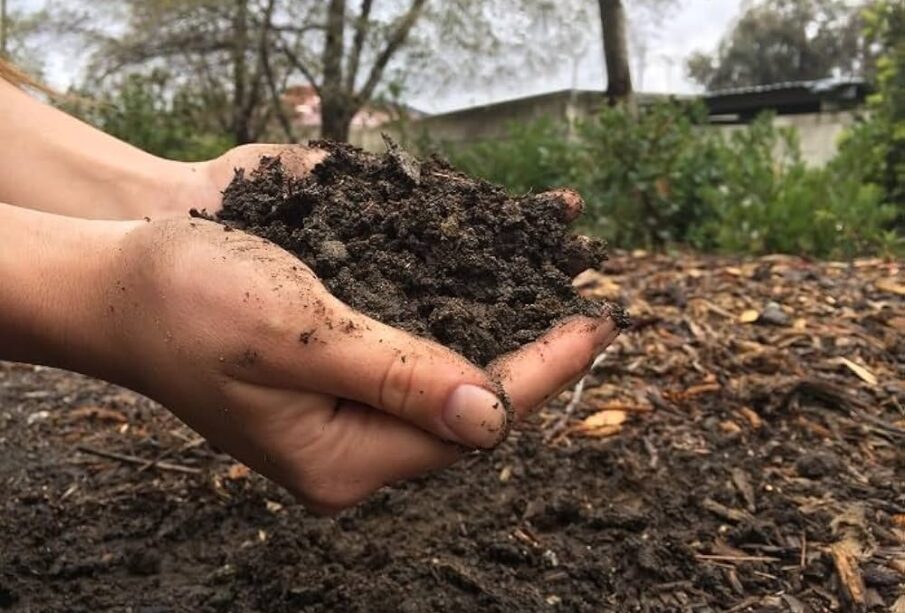Unlocking the Power of Organic Compost

Organic compost is a natural, nutrient-rich material that can significantly enhance the health and productivity of your garden. By incorporating compost into your soil, you can create a thriving ecosystem that supports strong plant growth and reduces your reliance on chemical fertilizers and pesticides. This comprehensive blog will explore the numerous benefits of organic compost and provide practical tips for using it effectively.
- Nutrient-Rich Soil
One of the primary advantages of organic compost is its ability to provide essential nutrients to your plants. Composted materials, such as food scraps, yard waste, and manure, break into a nutrient-rich humus readily available to plant roots. This natural fertilizer contains a balanced blend of nitrogen, phosphorus, potassium, and other trace minerals crucial for healthy plant growth.
By using compost, you can avoid the need for synthetic fertilizers, which can harm beneficial soil microorganisms and contribute to environmental pollution. Compost also promotes a more gradual release of nutrients, reducing the risk of nutrient leaching and ensuring a steady supply of nourishment for your plants throughout the growing season.
- Improved Soil Structure
Organic compost plays a vital role in improving soil structure. As it decomposes, compost creates a network of organic matter that helps to bind soil particles together. This improves soil aeration, drainage, and water retention, allowing plant roots to penetrate deeper and access moisture and nutrients more effectively. In addition, compost can help to lighten heavy clay soils and add structure to sandy soils, creating an ideal growing environment for a wide range of plants.
- Enhanced Microbial Activity
Compost teems with beneficial microorganisms, such as bacteria, fungi, and earthworms. These organisms break down organic matter and release nutrients into the soil. They also help to suppress harmful pathogens and create a healthy soil ecosystem. By incorporating compost into your garden, you can encourage the growth of these beneficial microorganisms and improve your plant’s overall health and resilience.
- Reduced Pest and Disease Pressure
Healthy soil is less susceptible to pests and diseases. Organic compost can help to create a more resistant environment for your plants by promoting the growth of beneficial microorganisms and improving soil structure. Additionally, compost can act as a physical barrier, deterring pests and reducing the spread of diseases.
- Increased Water Retention
Compost can improve water retention in the soil. As it breaks down, compost creates a network of organic matter that helps to absorb and hold moisture. This can be particularly beneficial during dry periods, as it can help prevent plants from becoming stressed due to a lack of water.
- Carbon Sequestration
Organic compost can help sequester carbon in the soil. When compost is added to the soil, it can increase the amount of organic matter present, which can help capture and store carbon dioxide from the atmosphere. This can contribute to mitigating climate change and improving air quality.
- Reduced Waste
Composting is a sustainable practice that can help to reduce waste and conserve resources. Composting food scraps and yard waste can divert these materials from landfills and create a valuable resource for your garden.
Tips for Using Organic Compost
- Add compost to your garden regularly: Incorporate compost into your soil at least once a year, and consider adding smaller amounts throughout the growing season.
- Mix compost with soil: To ensure that the nutrients in compost are readily available to your plants, mix it into the top 6-8 inches of soil.
- Use compost as mulch: Compost can also help retain moisture, suppress weeds, and protect plants from temperature fluctuations.
- Create your compost: Composting is a simple and rewarding process that can be done at home. Some methods include backyard bins, tumbler composters, and vermiculture systems
Transform Your Garden Today
Organic compost is a valuable asset for any gardener. Incorporating compost into your soil can improve soil health, enhance plant growth, and create a more sustainable and resilient garden. With a little effort, you can unlock the power of compost and enjoy its many benefits.










